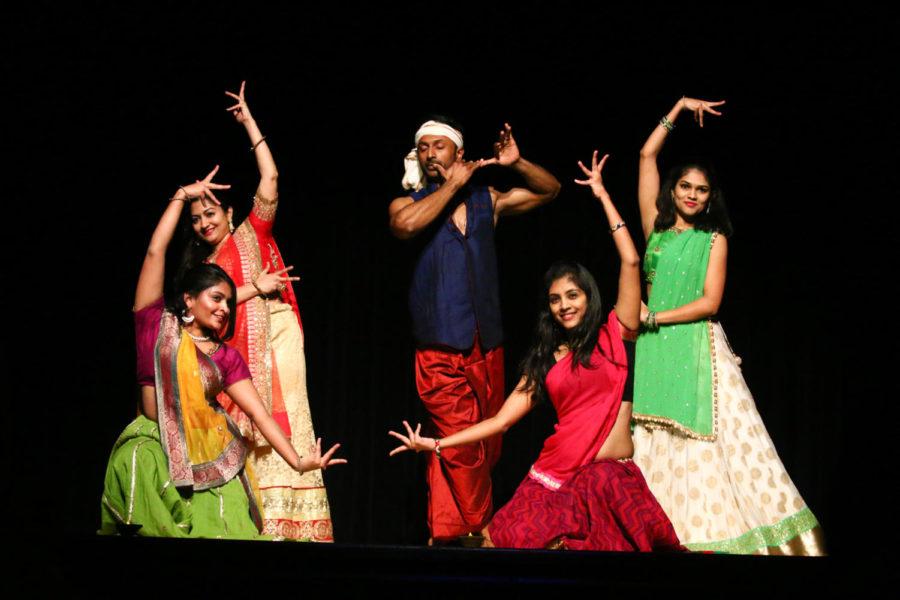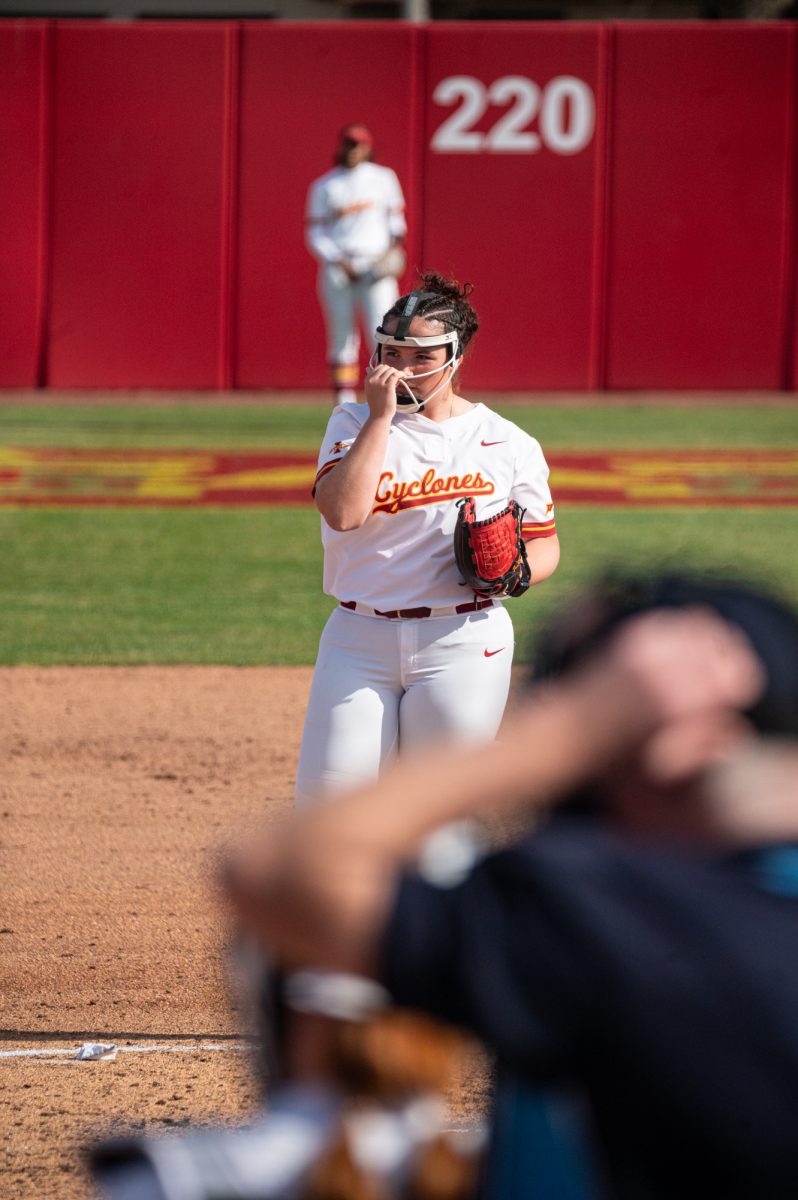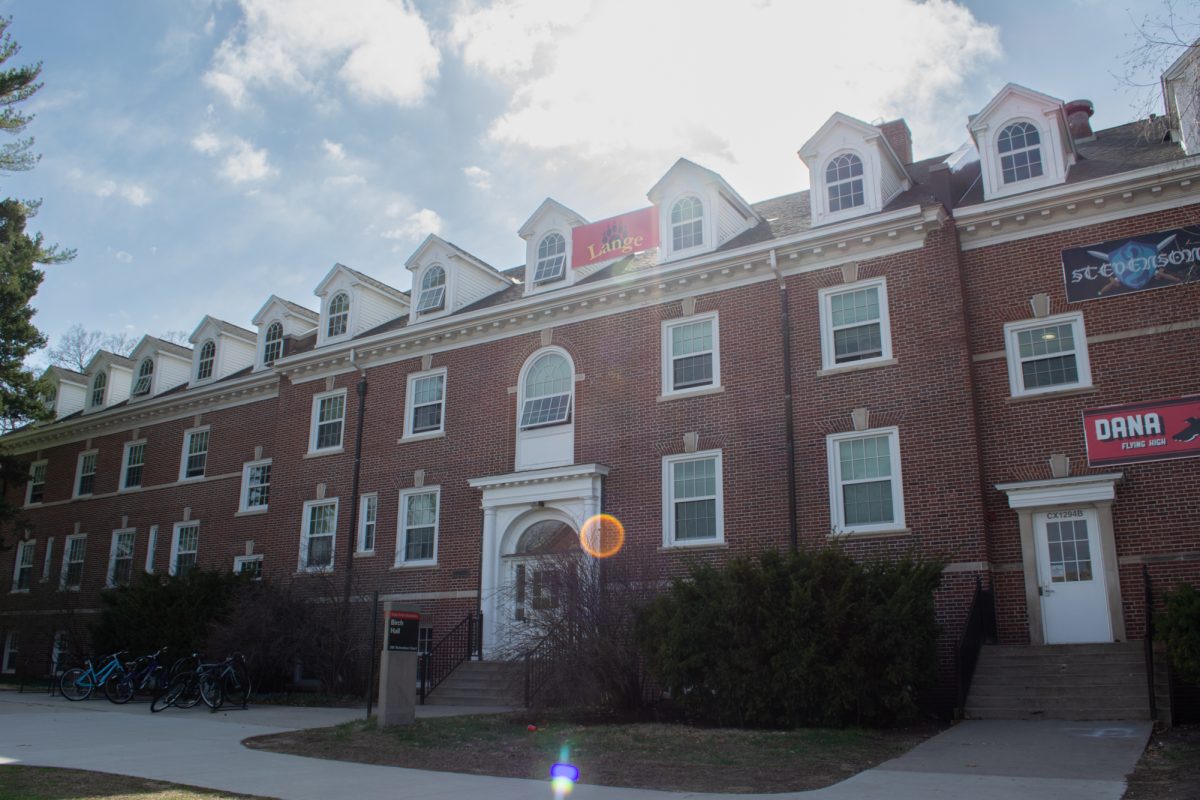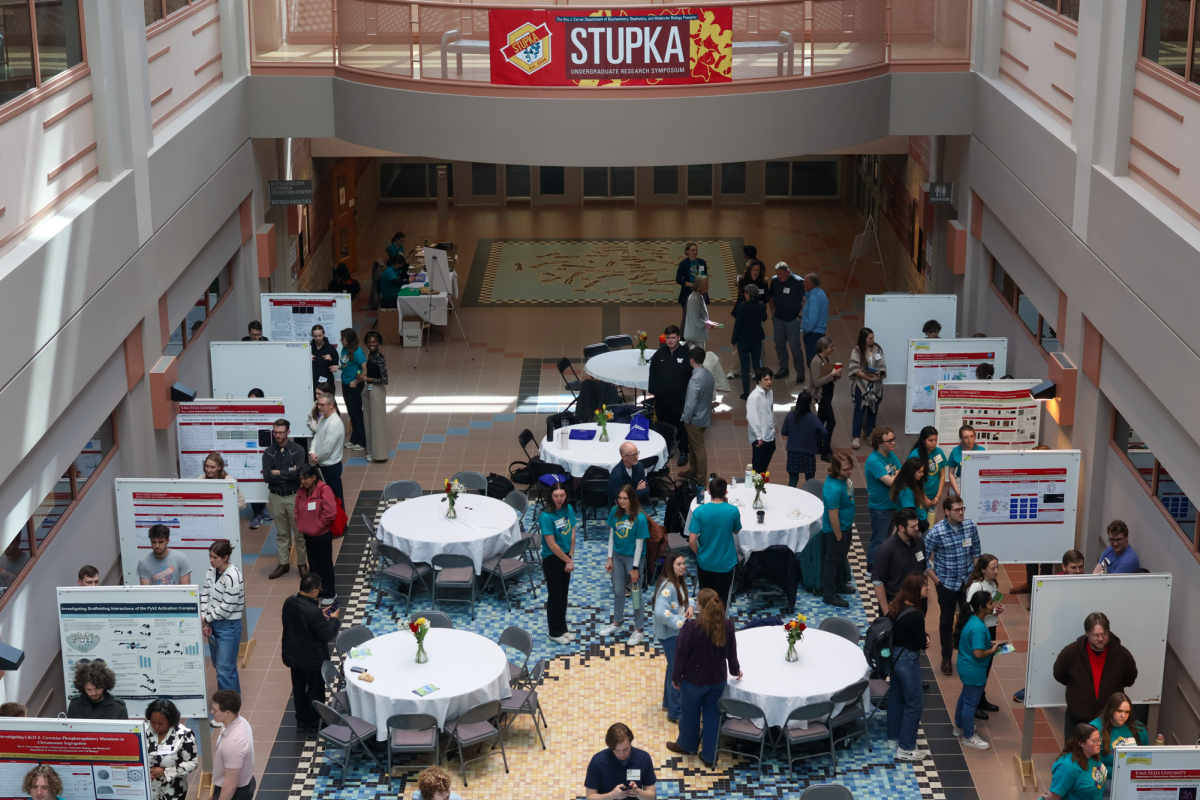Shiralkar: Diwali celebrated differently everywhere
Emily Blobaum/Iowa State Daily
Columnist Parth Shiralkar writes that Diwali is one of India’s biggest festivals that is interpreted and celebrated differently around the world. As an international student, Shiralkar enjoys seeing communities at Iowa State participate in Diwali.
October 27, 2019
This is only my second year here in Iowa and I absolutely love how active the myriad of communities gets every time a festival is around the corner.
Probably the biggest festival in Indian culture, Diwali, is right here this last week of October (which is also Halloween season). Diwali is loved by people from all walks of life, owing simply to the pure, unbridled wholesomeness associated with it. As I speak to my parents back home, thanking them for shipping some tasty snacks across the world to me, I reflect upon how wonderful it is to be alive and thriving. Food, of course, is a huge part of the Diwali celebration, but second only to lights and joy.
For those of you new to the concept, Diwali is a celebration of the return of the beloved prince Ram to his home, Ayodhya, after beheading the monster king Ravana and rescuing his wife Sita from his clutches. This adventure, titled the “Ramayana,“ is an epic tale that follows prince Ram’s journey to becoming a king and his 14-year-long exile, culminating appropriately in the joyous festival of lights, Diwali.
As is the case with cultures of vibrant histories, there are other interpretations of Diwali as well. The word Diwali means a row of clay lamps. The goddess of prosperity, Lakshmi, is said to have emerged during this five-day period. There are different concepts associated with this festival, but the underlying (or overlying) idea is the same: rejoice!
Diwali celebrations vary across the world. From waking up early in the morning to cleaning up and listening to nice music while munching on delicious food to sharing your joy through acts of kindness to tapping into your inner child and partaking in some firecracker fun, Diwali has it all. Not to mention dressing up in your finest clothes and hanging out with the peeps.
As an international student here at Iowa State, it warms my heart to see people from other cultures partaking in this warm and delightful time and wishing me a happy Diwali. Indian student associations like the Hindu Yuva and the ISA, will, of course, have tremendous celebrations during this period, and I encourage you to participate in these events.
Traditionally, it is not unusual for people to start celebrating Diwali in advance. It is a five-day festival, celebrated in the months of October and November. This year, it starts on Sunday, and goes on for five days. I personally did start hogging on chaklis on Saturday, but that goes without saying.
Back home, celebrations are in full swing by this time of the year. People can be seen dancing to popular Bollywood music in kurtas and lehengas, as kids (and even adults) light firecrackers in safe environments. Part of me does miss being there to celebrate all of this with my family back in India, but part of me is happy in knowing I have another family of my own, here in Iowa. Happy Diwali!







